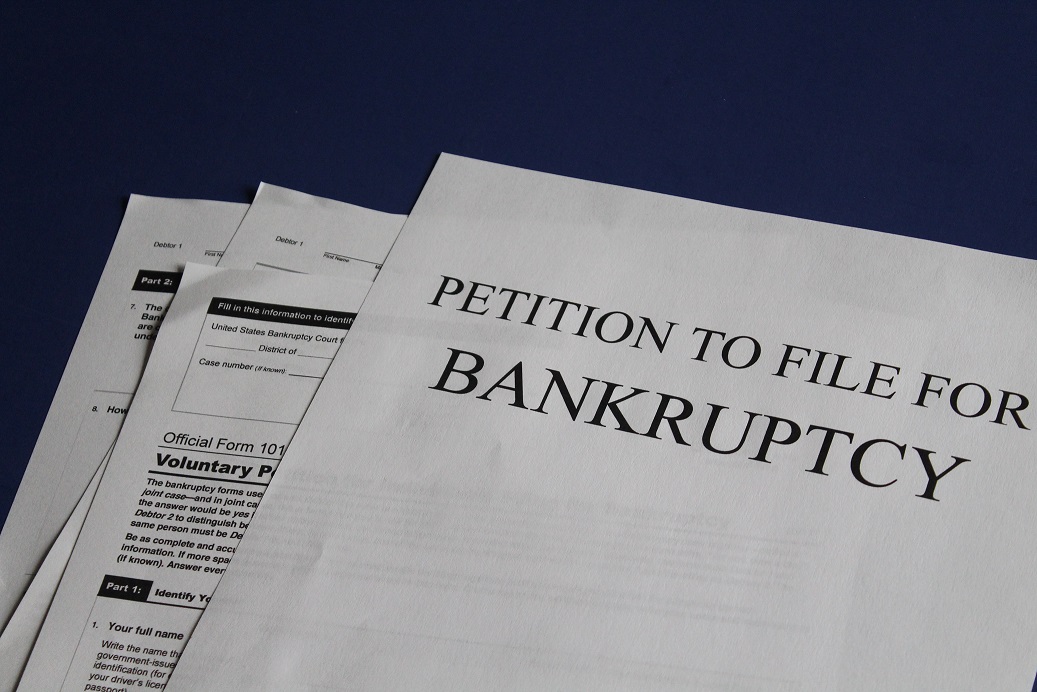U.S. laws allow individuals and companies that have run into financial troubles to seek debt relief, i.e., legal protection against debt-collection actions by creditors. The process of seeking this relief is called filing for bankruptcy. Conversely, a lien gives a creditor the legal right to seize a debtor’s property if the debtor fails to meet his/her financial obligations even if the debtor files for bankruptcy. As most states do not allow debtors to file for an expungement, records of bankruptcies and liens are public information. You can expect to see the following information in a bankruptcy filing:
- Personal information
- List of assets (e.g., real estate, equities, and securities)
- List of liabilities
- Statement of income
- Income and expenses sheet
- Creditors’ information
- Proof of claim
- Liens
- Information on the court-appointed trustee
Only federal courts can preside over bankruptcy filings. Thus, these records are not available locally, as the case is with court records on other types of civil filings. To obtain a bankruptcy record, you must go to the court where the case was filed and adjudicated. However, what if you do not know the specific court, cannot visit the courthouse, or pressed for time?
By using the Public Access to Court Electronic Records (PACER) system, you can easily access court records on all bankruptcy actions that a person has taken to date. This method is quick, convenient, and allows you to get the same bankruptcy record you will find at the courthouse. To get started, sign up on the PACER system and provide your billing information. PACER charges $0.10 per page for every document accessed. You only need to visit the courthouse if you cannot find a court record on the system – especially for older filings – or if you seek certified copies of the bankruptcy records you have printed online.
If you only wish to confirm a bankruptcy record, however, a simple phone call to the federal bankruptcy court will do. You can also find bankruptcy record on third party databases that collect bulk data from courts. Many of these service providers even provide access for free.
Ultimately, the choice of which database to search depends on your goals or intention for the records obtained. However, note that federal laws prohibit the malicious use of bankruptcy records. If found guilty, you may incur civil/criminal liabilities for your actions.

